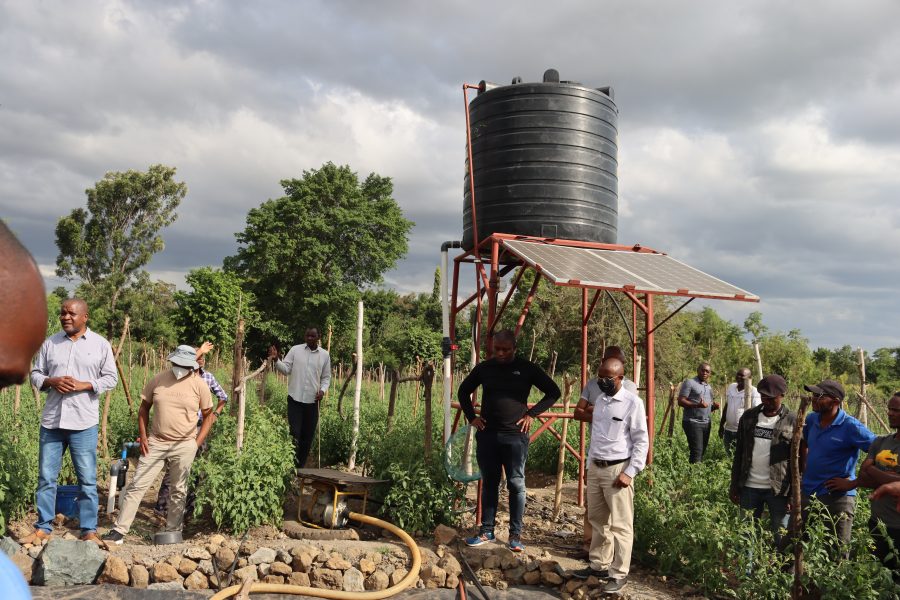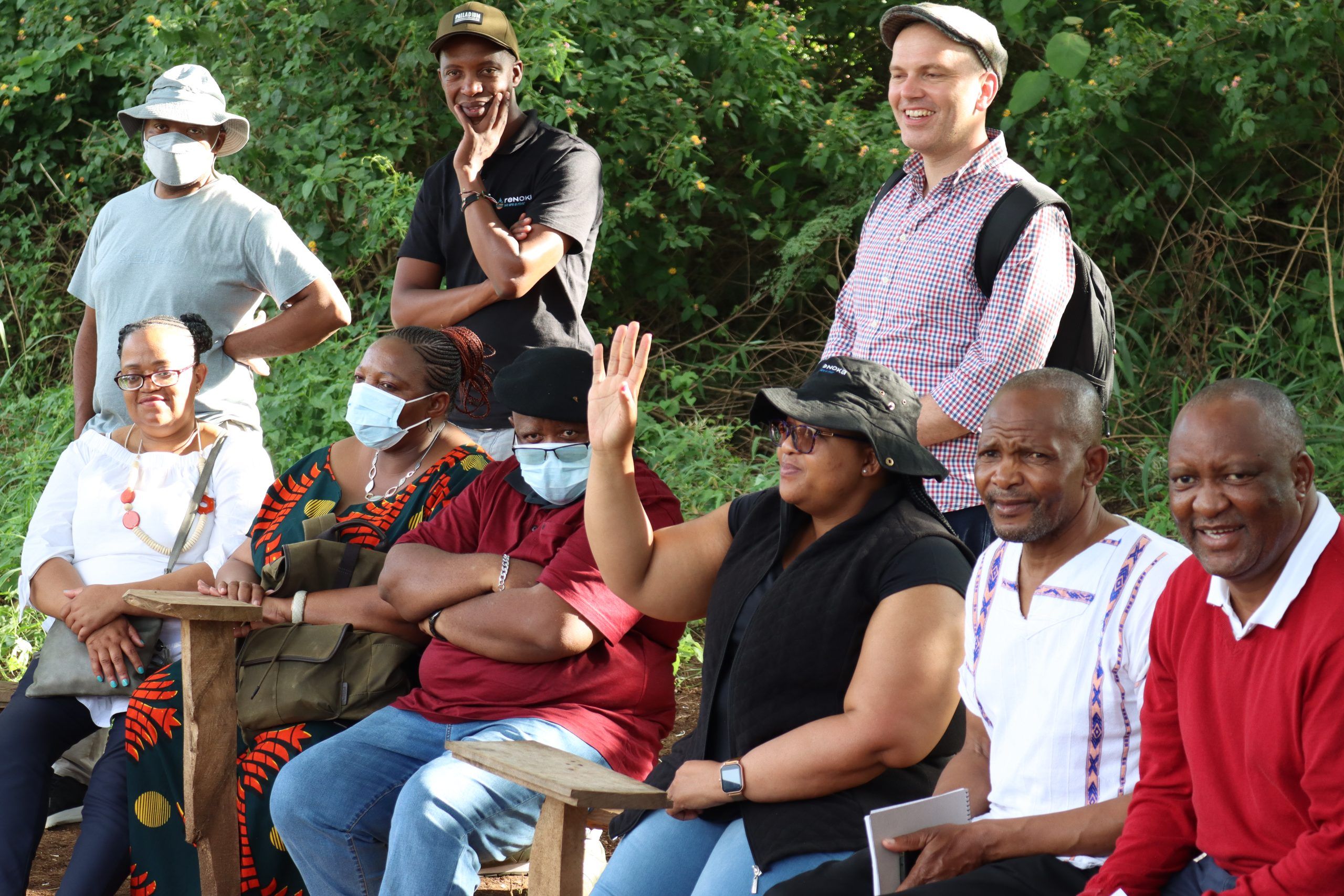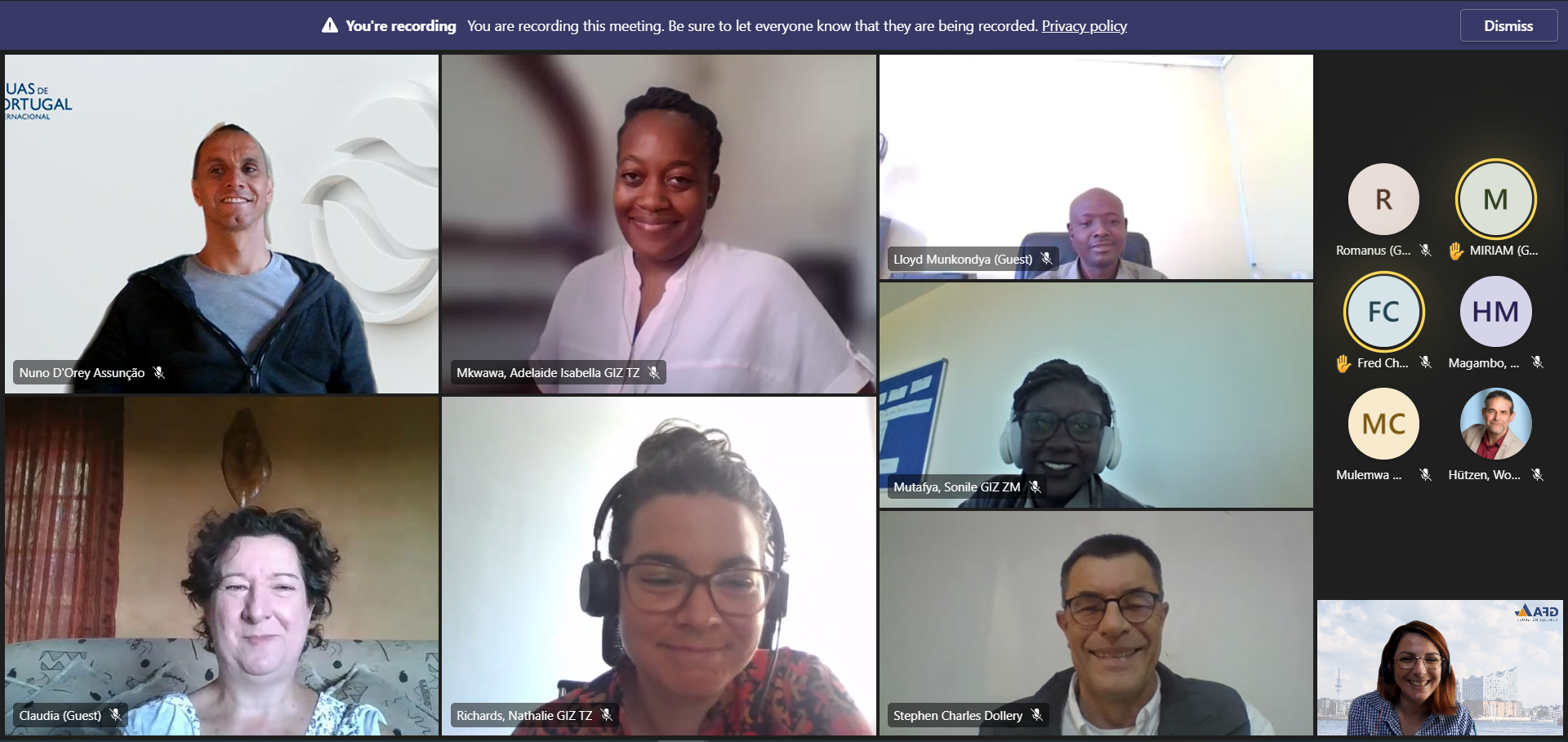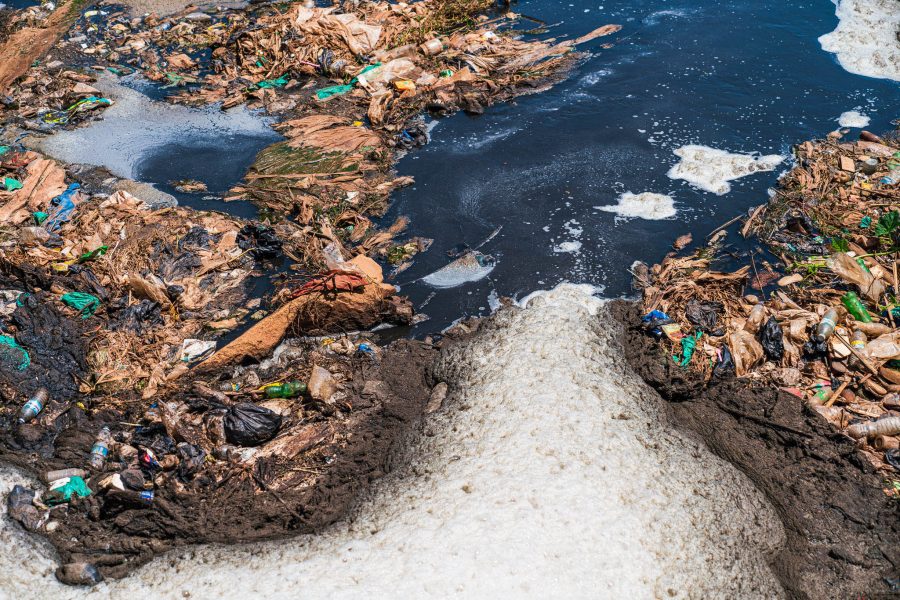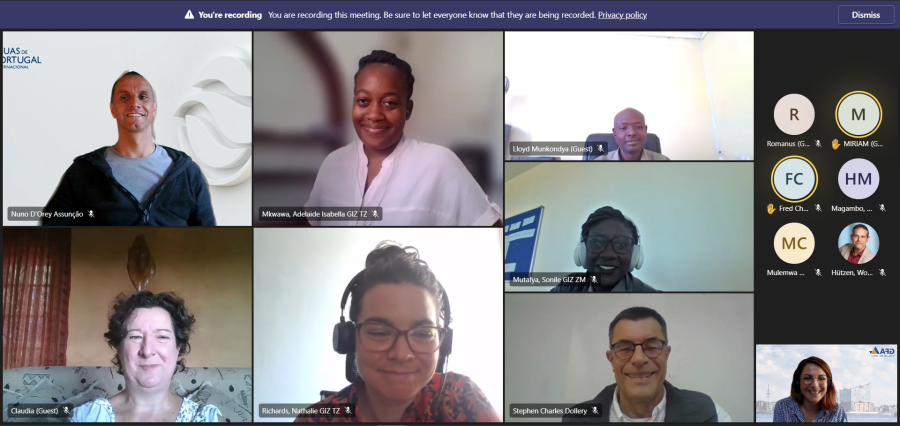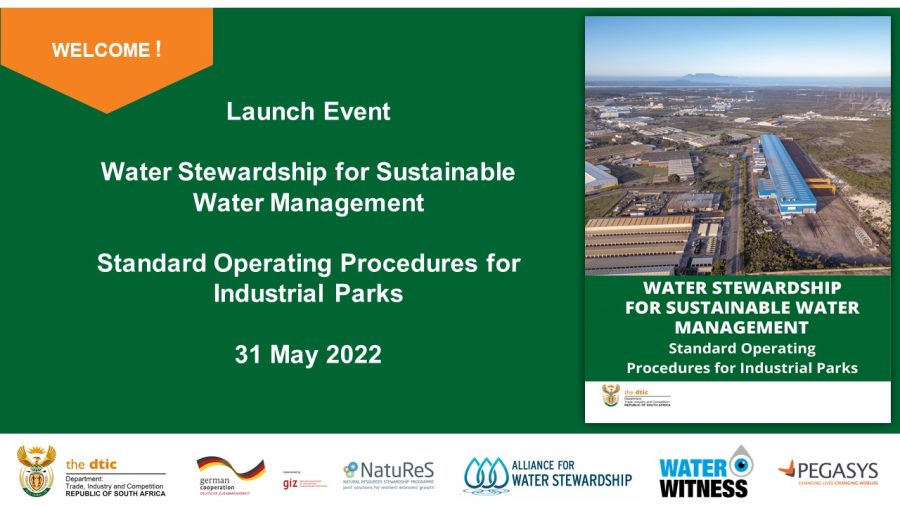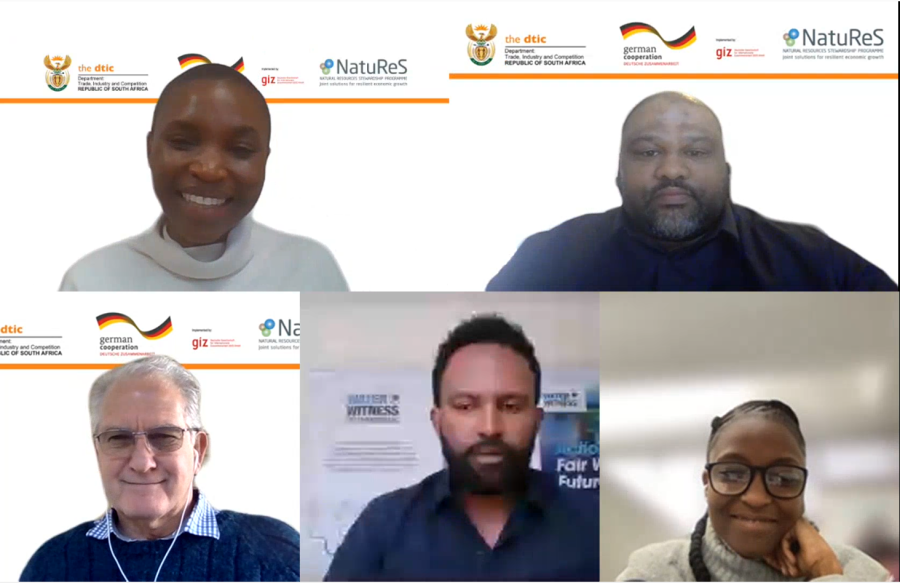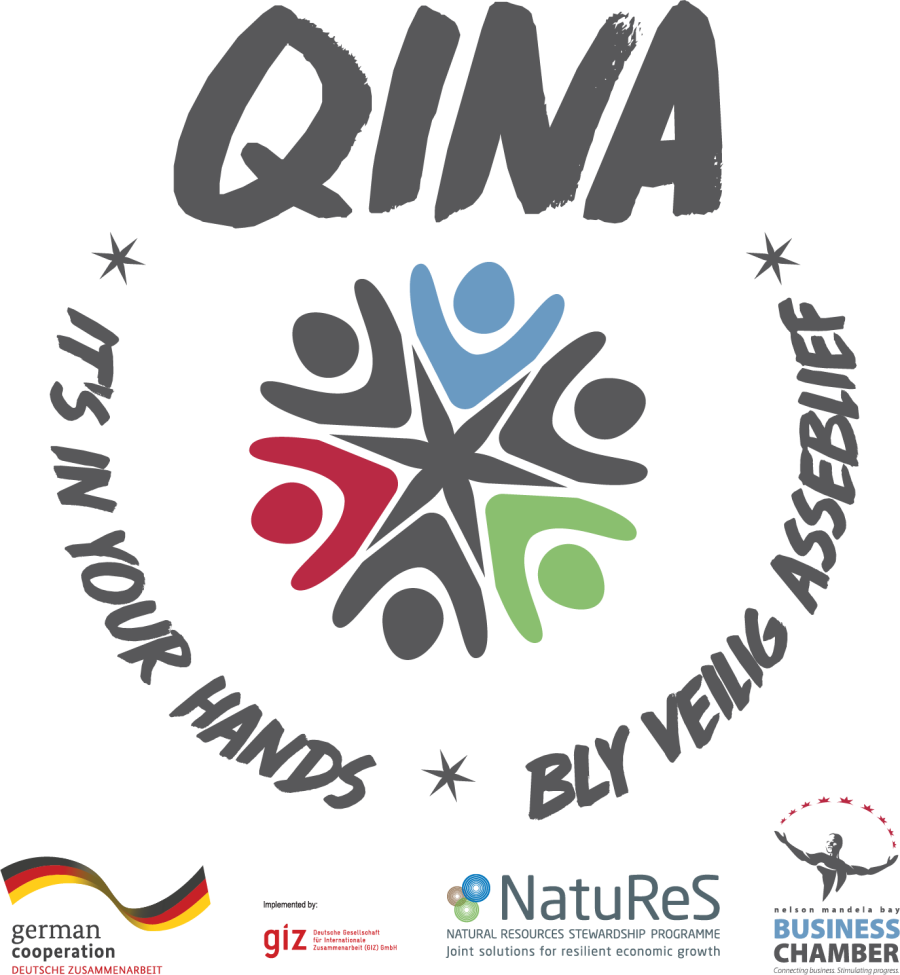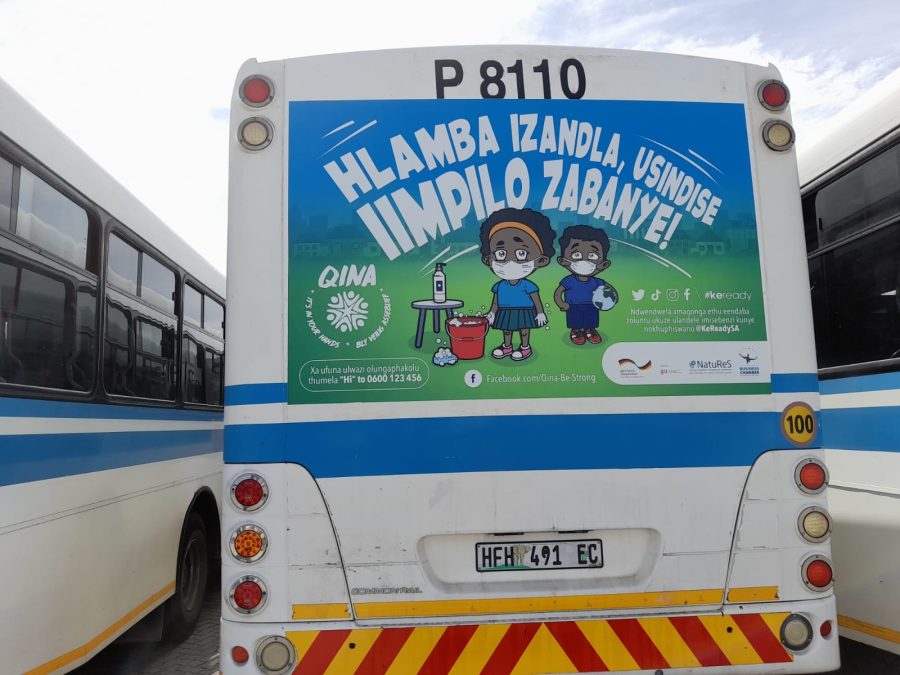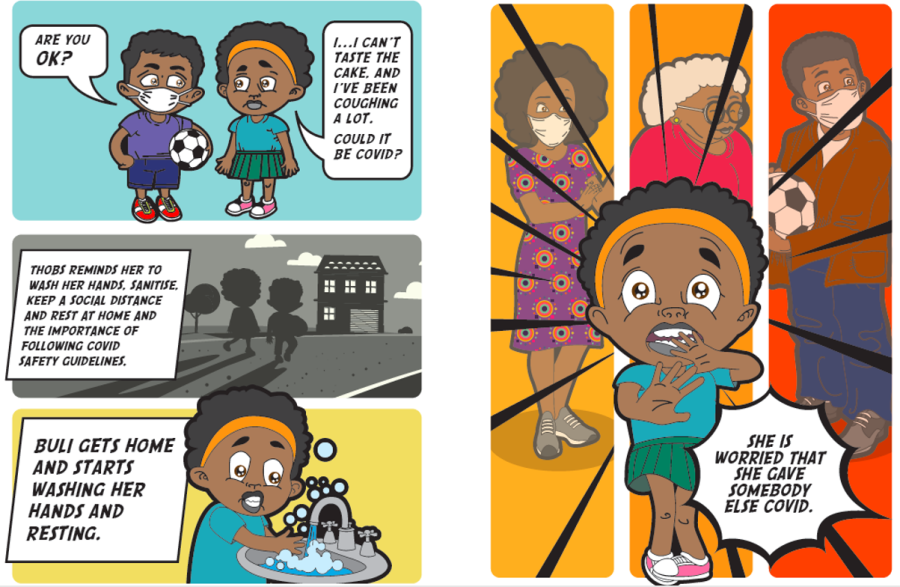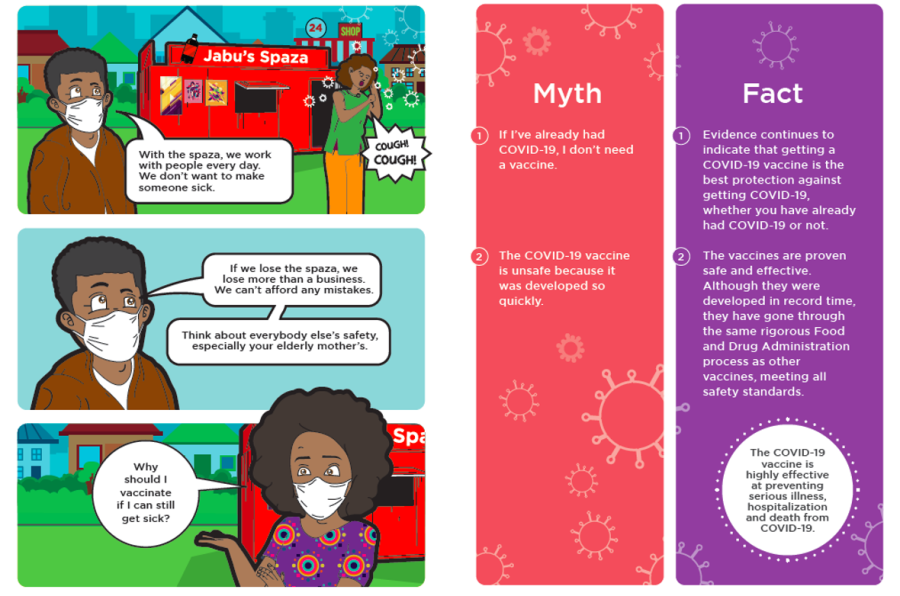Integrated Water Resources Management Learning Journey: Tanzania and Kingdom of Lesotho Experience Exchange
The Tanzanian Ministry of Water, in collaboration with GIZ’s ‘Water Security and Climate Resilience in Urban Areas Programme’ and NatuReS, hosted a delegation from Lesotho, coordinated by the GIZ programme ‘Support to Integrated Catchment Management in Lesotho (ICM)’ on their learning mission in Tanzania from the 25th to 27th May 2022. Participants were from the government of Lesotho’s programme ReNOKA (‘We are a river’), which is aiming at the sustainable and climate-resilient restoration and management of water and land. ReNOKA is supported by the German Federal Ministry for Economic Cooperation and Development (BMZ) and co-financed by the European Union. The ICM programme and the Kingdom of Lesotho’s Ministry of Water are supporting its implementation technically.
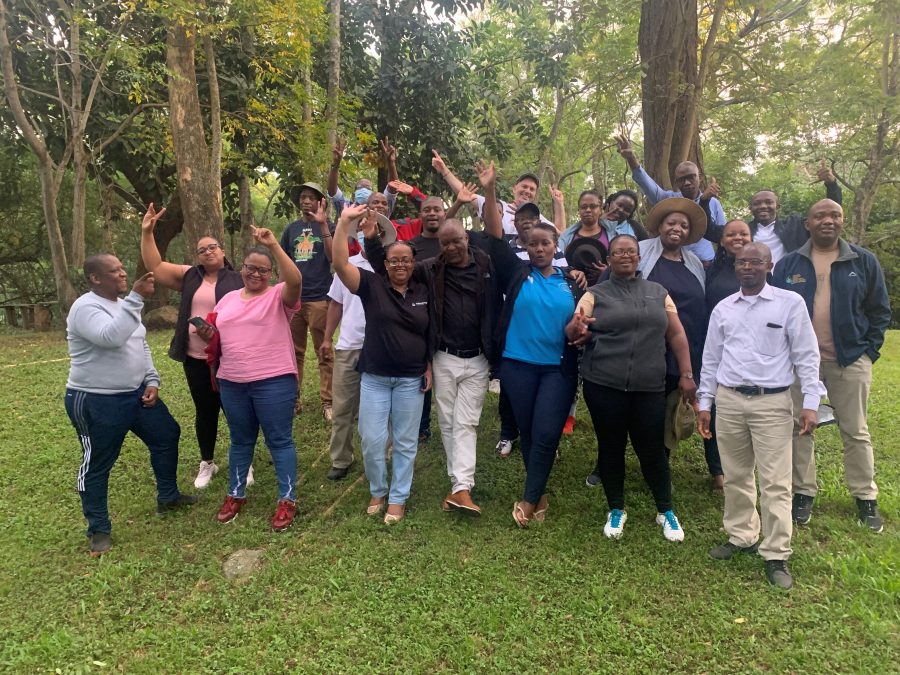
The objective of the learning mission was to provide high-level delegates from different line ministries from Lesotho with experiences on integrated water resources management implementation, as well as the stewardship approach, to potentially be replicated in the Southern African Development Community (SADC) region. The events took place in the Kikuletwa Catchment in the Pangani Basin located in Northern Tanzania and included 19 participants.
During their visit, the group had a chance to interact with various stakeholders and conduct visits to different partnership areas in the Weruweru and Usa River sub-catchments. This included for example a visit to a tree seedling nursery supported by the Sustainable Water Management Partnership (SUWAMA) in the Weruweru sub-catchment through a local NGO, Kijani Pamoja, which leads the afforestation efforts in the catchment.
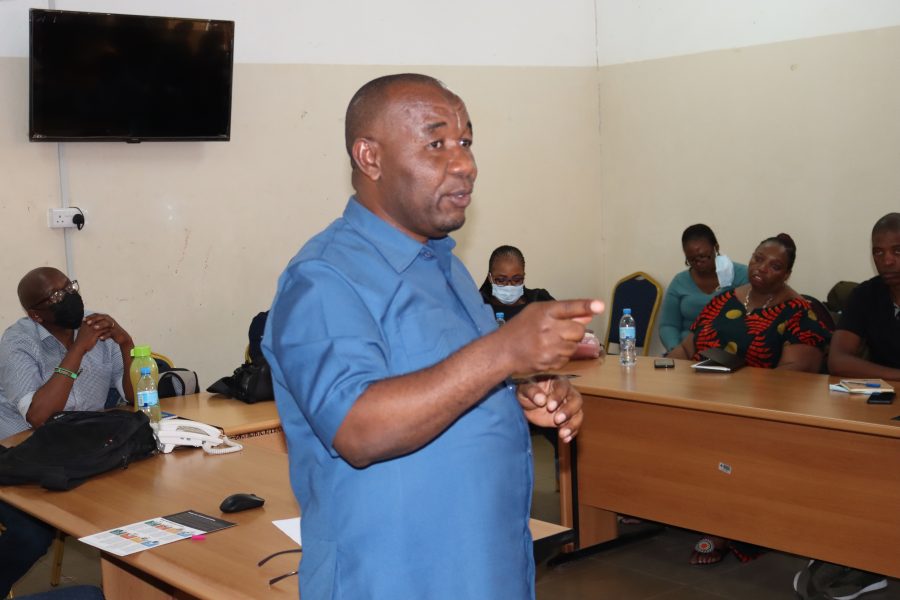
In his remarks, the Director of Pangani Basin Water Board, Mr. Segule Segule, reiterated that the implementation of Integrated Water Resources Management is a learning process. Improvements in the areas of water resources data management, water source protection and multi-stakeholder engagement have been made by making water resources management a collective responsibility of all stakeholders.
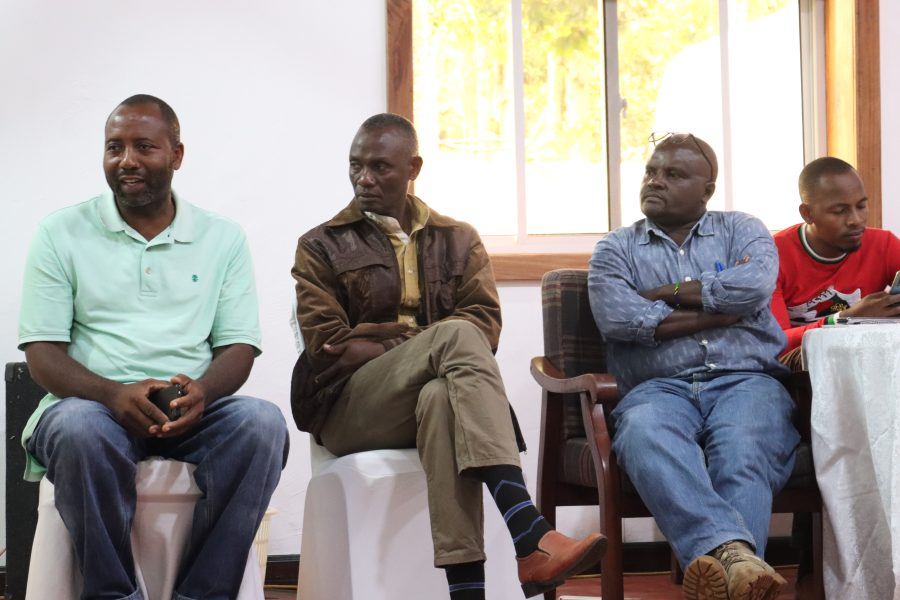
“It is very important for us to work together with public sector and communities in protecting (natural) resources – which are vital to our business. We are collaborating with other stakeholders in the sub-catchment to address different issues, including the conservation and improvement of our irrigation furrow management,” said Mr. Jeremiah Mazengo, Manager at the flower company Dekker Chrysanten, during a panel discussion.
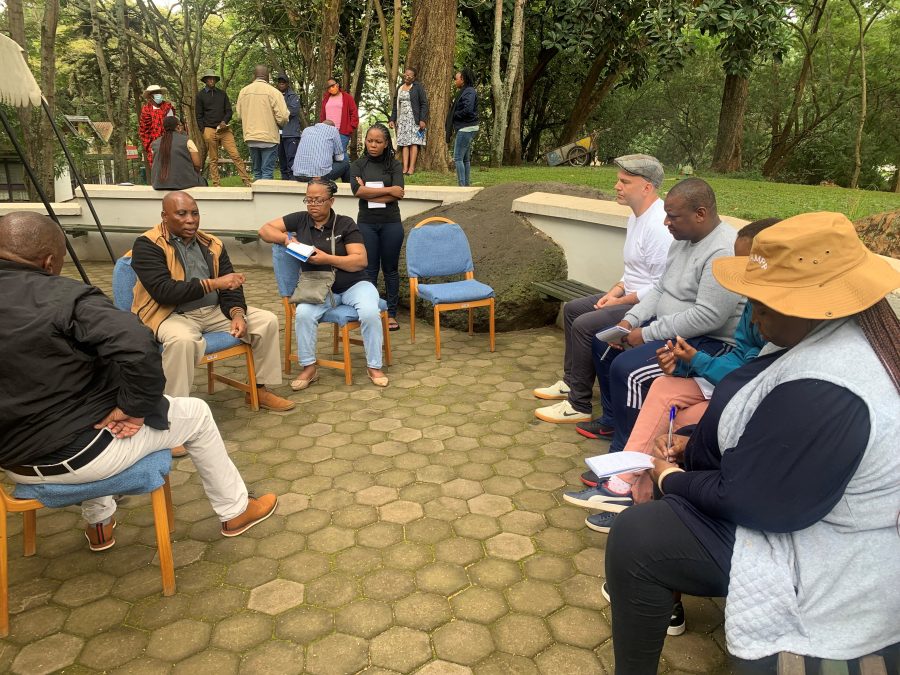
The SUWAMA partnership in Weruweru provides a platform for in-cash and in-kind contributions from public, private and civil society sectors to address their shared water resources risks. Other stakeholders represented in the partnership include African Plantation Kilimanjaro (APK) and the Weruweru Water Users Association (JUWAMAWE).
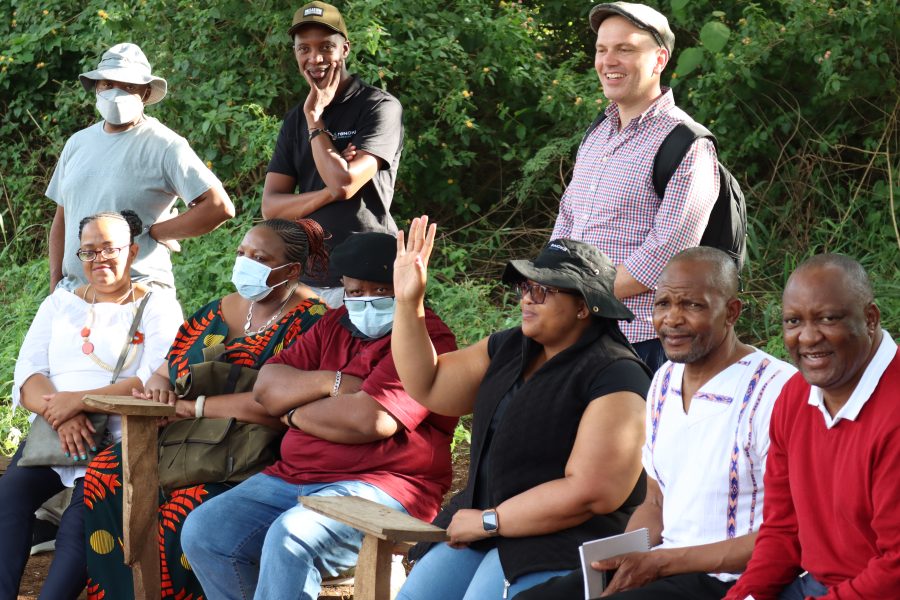
The key reflections from the learning mission were the importance of identifying shared risks, the mapping and engagement of stakeholders at all levels, the clarity of roles and responsibilities among regulators and the importance of intensive community awareness programmes.
